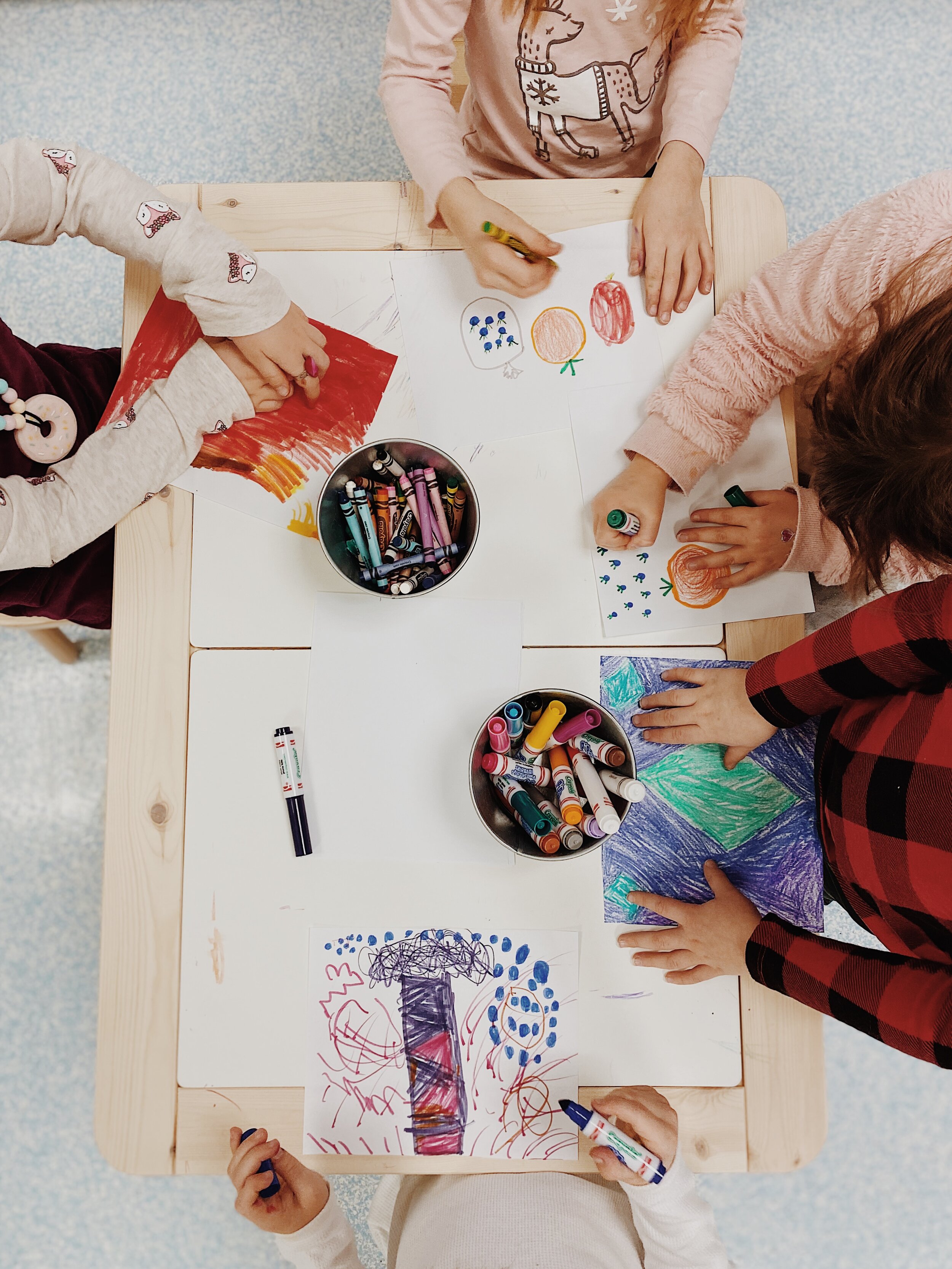International Creativity Month
What is International Creativity Month?
International Creativity Month, created by Randall Munson, is a month-long January celebration that encourages individuals to step out of their comfort zone by exploring their creative side. According to Munson, 90% of children are highly creative in the first five years of life. In the next four years, the percentage of children who are highly creative falls to 10% and then to 2%. International Creativity Month offers a fresh approach to problem-solving and equips children with more skills and the confidence in knowing that they can do hard things.
How does this relate to Wee Wild Ones?
At Wee Wild Ones, we employ an inquiry-based learning process that puts creativity and exploration at the forefront of learning. This kind of approach focuses on the student’s role in the learning process, something that we believe to be essential. Children’s questions and comments are always appreciated and these often fuel the beginning of each new adventure in learning.
Inquiry-based learning spurs higher-level thinking that stimulates creativity and research skills. At WWO, we love seeing our little ones come up with great ideas while collaborating with classmates. Our curriculum emerges organically, based on children’s questions and interests. Our programs are developed as educators actively listen and observe children in play. Ultimately, our students end up being more curious as they learn about the world that they live in.
How can I practice International Creativity Month at home?
In our centres, our staff enjoy learning children’s opinions on the material that they are learning within the classroom. For example, during the holiday season, we read books that were tied to our craft days to help children understand the meaning of international holidays and the impacts of the stories. Our childhood education programs always promote exploration and learning through a child-focused process integrating play, nature and movement.
Families can engage in hands-on activities like crafts that connect play with problem-solving to engage in inquiry-based learning at home. Science experiments are always a fun way to get the kids thinking and interested about the world around them. Any kind of STEM (science, technology, engineering and math) activity typically involves inquiry-based learning, where children ask questions and test their hypotheses. Here is a great article on STEM and inquiry-based learning for those who want to learn a little bit more!





